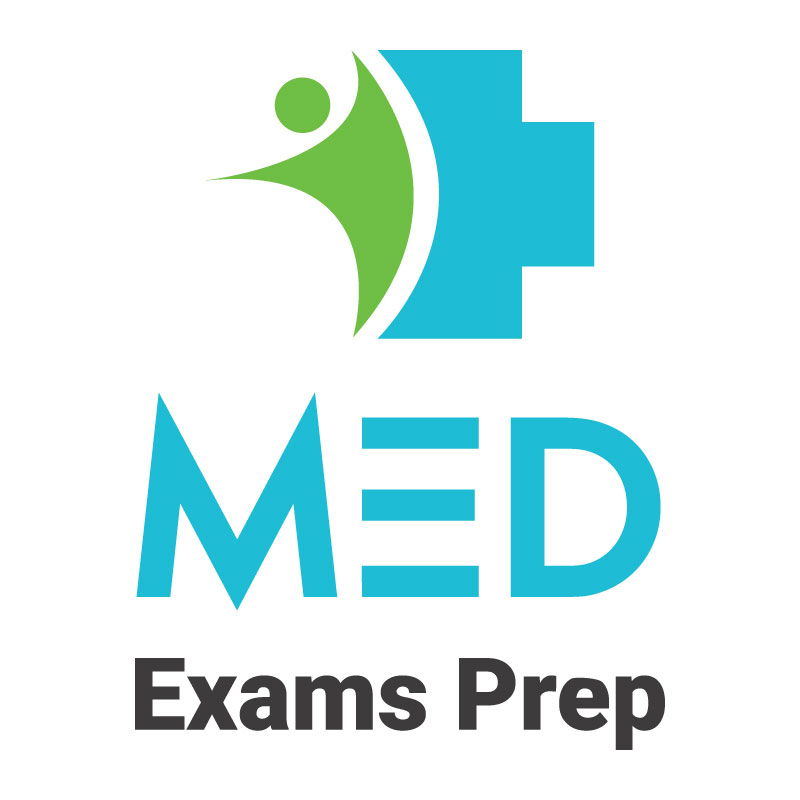Suggestions from Toppers, seniors and Experts is always helpful. Be it any Exam like NEET PG, FMGE, and INICET .In last few years standards of Exams has increased. NEET Pg or NEXT Training will be more competitive, New, Revised and better than the previous one. A medical student needs to have Best Quality matter for Complete Revision, latest updated matter for Exams. One has not to be overtaken by other competitors and has to leave them far behind in the race. There should be a source of constant inspiration.
Though Details are not out for new form of NEXT Exams but NEET PG will be retained to some extent in its old form. It is yet to be seen how much and what will be the changes.
But Subjects will remain same. Competencies will be added along with Skill development and assessment.
Toppers suggest a new method of study. The past one liner or memory based approach is gone.
Focus on all subjects is needed. All subjects are important though preparation times in different subjects may vary.
Qualities of Good Medical Pg Aspirant to Excel in New Format Exams
- Takes all Subjects Seriously
- Adapts to Changes Quickly
- Always has a Good Concept
- Tries to Learn from Experience
- Is Focused.
One should be aware of:
- Latest Questions from Anatomy
- Latest Questions from Physiology
- Latest Questions from Biochemistry
- Latest Questions from Pathology
- Latest Questions from Microbiology
- Latest Questions from SPM
- Latest Questions from Forensic Medicine
- Latest Questions from Pharmacology
- Latest Questions from Medicine
- Latest Questions from Surgery
- Latest Questions from Obstetrics/Gynaecology
- Latest Questions from Pediatrics
- Latest Questions from Orthopedics
- Latest Questions from Ophthalmology
- Latest Questions from ENT
- Latest Questions from Dermatology
- Latest Questions from Psychiatry
- Latest Questions from Anesthesiology
- Latest Questions from Radiology
- Clinical Based Questions
- Image Based Questions
- Lab value based questions
The Student should be acquainted with Content that has
- All Subjects Covered
- High Yield Topics Covered
- New Clinical Based Questions Introduced
- New Image Based Questions
- New Topics of All Subjects Covered
- Rapid Review Q Bank
- Recent Exams Covered
Remember:
- Clinical orientation is a must
- Study of Clinical Cases is a must
- Clinical Internship will definitely help.
So are you mentally prepared to sharpen your Brain for the Knowledge you will be tested for. The New assessment methods will be notified. But Knowledge is Knowledge. Same things will be tested. High yield Topics continue to remain High Yield. Fundamentals don’t change. Only Methodology Changes. Good Students will top any Exams.
What Toppers Suggest. Cases liked: Clinical Based Case Approach
A 77 -year-old man from Tropical area with recurrent episodes of fever , rigors and chills has with increasing pedal edema with rapid progression to blackish type of highly concentrated urine. Investigations reveal a reticulocytosis, thrombocytopenia and intracellular ´inclusion bodies ʼ in his red blood cells. Most likely cause is:
- Renal tract tuberculosis
- Post streptococcal nephritis
- Interstitial drug induced nephritis
- Parasitic infection
Clinical Based Case Approach
A 92 year old female with dementia has history of fever for a week. She also has a foul-smelling, productive cough. The chest x-ray reveals right, lower lobe infiltrate. She has a community-acquired pneumonia most likely from aspiration. Most likely causation is by:
- Staph aureus
- E. Coli and klibessella
- Meningococcus and Gonococcus
- Anaerobic bacteria and aerobic oral flora
Clinical Based Case Approach
A 24 year old female has a syncopal attack. She has had earlier attacks of presyncope for last few years. Investigations revealed
Temp: 98.60F
BP: 60/42
RR: 25/Min
Pulse 96 bpm
HB: 13 gm/dl
Sodium: 136 meq/L (n 135-145)
HB 1A c: 6.2
Echo: left ventricular and septal hypertrophy
ECG: Broad Q Waves and left ventricular hypertrophy.
Most likely cause of above findings is :
- Large VSD
- CHF
- PDA
- HOCM
Clinical Based Case Approach
A 33 year-old boy after a high velocity road accident is hospitalized and is noted to have tachypnea and tachycardia. His temperature is 98 0F, blood pressure is 100/60 mmHg, pulse is 120/min, and respiration are 24/min. In addition to a Tibial Fracture he has multiple bruises on the right side of his chest. CXR does not reveal rib fractures but shows reveals a patchy irregular alveolar infiltrate in the right middle lobe. Which of the following is the most likely diagnosis in this patient?
- Pulmonary injury
- Pleural effusion
- Hemothorax
- Adult respiratory distress syndrome
How to arrive at conclusion using your study pattern. This is different from memory based answering.
Toppers suggest a broad based and integrated teaching and study approach. Med exams excels in Providing the Content based on such pattern. Exams are to be conducted in a new mode. Let’s try to see the changes and be student friendly. There should be newly formatted books for New Pattern Examinations with new Concepts needed for preparing the Examinations thoroughly. We would be providing Most of the Important and Most Often asked Questions on Topics provided with Explanations which are High Yielding and the Best.
For more info visit www.medexamsprep.com
